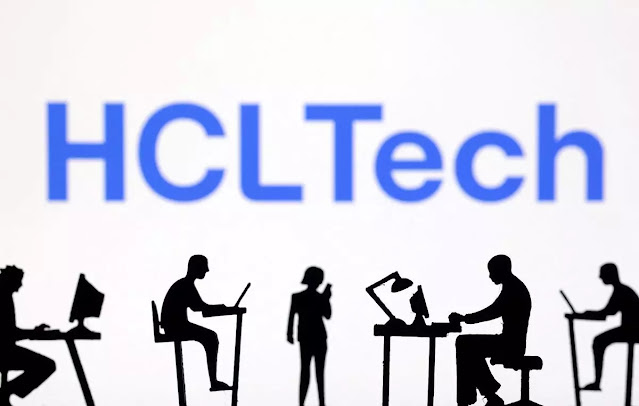Race For AI Isn't Zero Says AMAZON Cloud Boss
As Google races with Microsoft and Open AI to create world-changing generative Artificial Intelligence(AI), some critics see Amazon as lagging behind.
"I respectfully disagree" with that viewpoint said Adam Selipsky, Amazon's cloud chief, in an interview with AFP.
Tech giants like Microsoft, Google, and Meta have made headlines talking about their foundational models, or those of their close partners, that are key to AI and its ability to produce written works, images, videos, or computer code from simple user prompts.
AWS, Amazon's industry-leading cloud branch, already sees customers "needing multiple models for multiple different use cases," he explained.
He cited the capabilities of various AI models available on the AWS Bedrock platform, such as Meta's Llama and Claude from Anthropic, as well as some from Mistral in France and Amazon's own Titan brand. Generative AI is regarded in Silicon Valley as poised to revolutionize the way people get jobs done.
In a thought-provoking statement, the head of Amazon Web Services (AWS), one of the pioneers in cloud computing and AI infrastructure, challenges the prevailing notion that the race for AI is a zero-sum game. This assertion reflects a deeper understanding of the dynamics of technological advancement and its potential impact on various sectors.
At its core, the zero-sum mindset suggests that in any competition or endeavor, one participant's gain must be balanced by another's loss. However, the AWS executive challenges this notion concerning the development and deployment of artificial intelligence. Instead of viewing AI progress as a finite resource where one entity's advancement necessarily impedes another's, he suggests a more expansive perspective.
From the standpoint of AWS, fostering AI innovation isn't just about outpacing competitors but rather about creating a broader ecosystem where multiple players can thrive. This approach aligns with the fundamental ethos of cloud computing, which emphasizes collaboration, scalability, and democratized access to technology.
The AWS perspective acknowledges that the AI landscape is multifaceted, encompassing diverse applications across industries such as healthcare, finance, transportation, and entertainment. Within each of these domains, there's ample room for innovation and differentiation. Rather than seeing AI as a winner-takes-all scenario, AWS recognizes the potential for symbiotic relationships where advancements in one area can catalyze progress elsewhere.
Moreover, the AWS executive likely recognizes the interconnected nature of technological progress. Breakthroughs in AI algorithms, for instance, can benefit not only AWS but also the broader AI research community. Open-source initiatives, collaborative partnerships, and knowledge sharing contribute to a virtuous cycle of innovation where everyone stands to gain.
By promoting an inclusive and expansive approach to AI development, AWS positions itself not merely as a market leader but as a catalyst for broader societal and economic transformation. This mindset fosters an environment where innovation flourishes, barriers to entry diminish, and the benefits of AI are more widely distributed.
CONCLUSION:
The assertion by the head of AWS challenges the zero-sum mindset regarding the race for AI. Embracing a collaborative and inclusive approach to AI development has the potential to unlock new opportunities, drive innovation, and create value across multiple sectors and stakeholders.
COMPILED BY: NEERAJKHATRI







Comments
Post a Comment